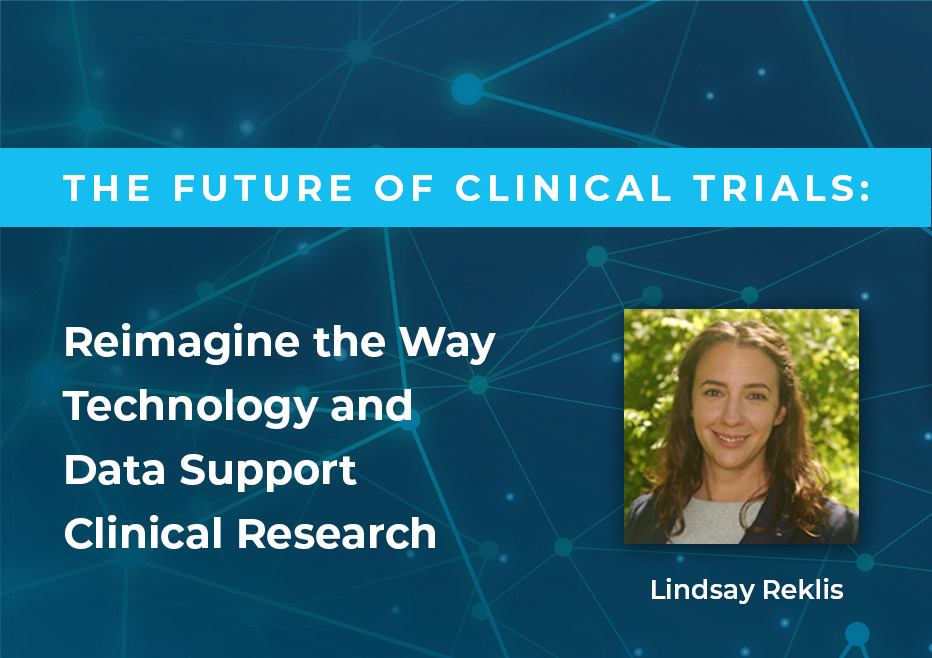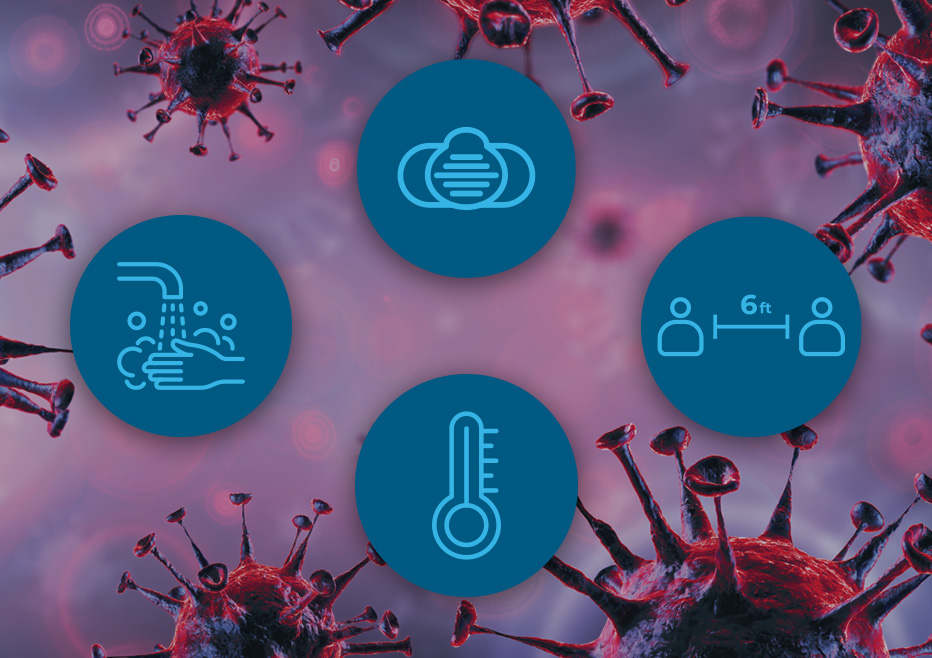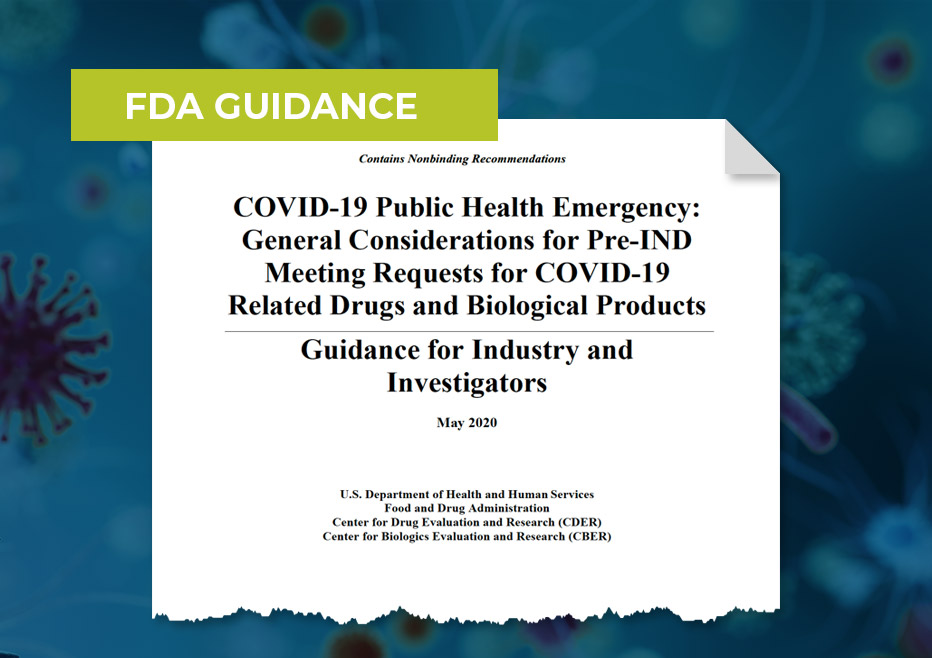What Has COVID-19 Taught Us About the Need for Unified, Cloud-Based Technology?
The industry’s response to outbreaks like COVID-19 will continue to push advances in technology and influence the way we conduct clinical research. Challenges we’ve faced trying to adhere to impossible timelines and budgets have solidified the need for a technology platform that includes three main characteristics: unified, modular and cloud-based.











